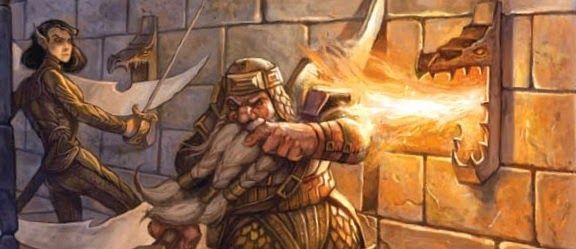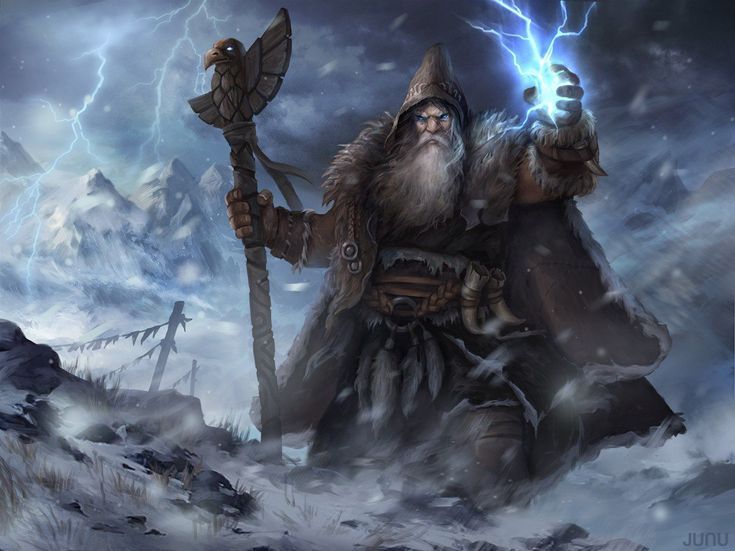Character growth in Dungeons & Dragons 5th Edition hinges on decisions – selecting a race, mastering a class, crafting a history, acquiring talents. The Skilled feat, though frequently overlooked, proves remarkably adaptable. It enhances rogues aiming for trickery, wizards seeking lore, even fighters striving for balance, granting characters welcome versatility alongside practical advantages.
Once characters hit level four – or snag a feat via their class – they can pick up Expertise. The core rulebook describes it like this:
What Is the Skilled 5e Feat?
The Skilled 5e feat is a general feature available to all characters once they reach level 4 (or whenever they earn a feat through class progression). According to the Player’s Handbook, the feat reads:
“You gain proficiency in any combination of three skills or tools of your choice.”
It’s remarkably potent, despite its straightforward nature. With adept use of the system, characters leap past typical boundaries defined by class or history. Acquiring just three additional skills notably improves performance during interactions, journeys, also battles.
How Skilled 5e Works
With Skilled 5, select skills and tools your character hasn’t mastered yet – anything available in the game. It lets you customize what your character is good at.
Consider this: perhaps a glimpse, maybe an illustration. It could be something like that
- Hone skills in stealth, observation, then deduction – become a master of secrets or unseen movement.
- For a wizard devoted to learning, select skills in forgotten lore, past events, also spiritual practice.
- To get better at making things – or slipping into places unnoticed – consider picking up Thieves’ Tools, a Herbalism Kit, likewise Smith’s Tools.
Skilled 5e shines because you shape it to fit your needs. Regardless of character type, this ability lets you cover whatever skills your group lacks.
Why Choose Skilled 5e?
Rather than simply making characters better at fighting or stronger, the Skilled feat in D&D 5e unlocks options. Its true strength appears when a campaign values clever thinking, digging up clues, then inventing solutions – not just dealing harm.
Here’s why you might choose Skilled 5e:
1. Broaden Your Character’s Role
Need someone to investigate clues or offer healing? If your adventuring companions don’t have those skills covered, Skilled 5 lets you jump in. Consider it a way to bolster the whole crew – making sure everyone has what they need when things get tricky.
2. Perfect for Non-Skill Classes
Fighters, Barbarians, Paladins – typically masters of battle – often lack diverse talents. Skilled 5e broadens their horizons, allowing these characters to develop aptitudes in areas such as charming others or understanding magic.
3. Enhances Backgrounds and Multiclass Builds
A character boasting both Skilled 5e alongside a background offering multiple proficiencies really hones their talents. Consider a Bard who’s also an Entertainer – coupled with Skilled 5, they become exceptionally adept at almost any skill tied to Charisma.
Best Classes for Skilled 5e
While any character can benefit from Skilled 5e, some classes get more mileage out of it. Let’s look at a few examples:
1. Fighter
Fighters often lack skill versatility. With Skilled 5, they can become more than just frontline warriors — perhaps a tactician who excels in History, Insight, and Persuasion.
2. Barbarian
Typically, barbarians aren’t known for book smarts or smooth talking; however, with this system, boosting abilities like noticing things, enduring hardship, plus physical prowess transforms them into unmatched survivalists.
3. Paladin
Paladins get a real boost from taking Skilled – they pick up handy expertise like understanding faith, reading people, or even healing arts. These skills shore up what Paladins do, whether channeling divinity or navigating tricky situations.
4. Wizard
Wizards at level five gain access to handy abilities such as Investigation, Nature, likewise Arcana; these suit a clever character immersed in study.
5. Bard or Rogue
Even though these classes already get many proficiencies, Skilled 5e helps them push their expertise to godlike levels. A Bard with this feat can literally cover every skill check in a party.
Skilled 5e vs. Prodigy Feat
Many players confuse Skilled 5 with the Prodigy feat, which also grants an extra skill proficiency. However, there are key differences:
| Feat | Benefits |
| Skilled 5e | Gain proficiency in any three skills or tools |
| Prodigy | Gain proficiency in one skill, one tool, one language, and expertise in one skill (Half-human races only) |
If your goal is broad versatility, Skilled 5e wins. But if you want to specialize deeply in one area, Prodigy may be more suitable.
Combining Skilled 5e with Expertise
Got a class that hands out Expertise? Combine it with Skilled 5e – it’s a potent mix. It works like this:
- Become adept – pick up expertise in three additional talents with Skilled 5.
- Now, pick a skill – maybe even two! – to become truly great at, which will more than compensate for any shortcomings.
With this setup, your chances at things like sneaking around, talking your way through trouble, or noticing hidden details become remarkably good – giving you an edge when dealing with people or trying to stay unseen.
Roleplaying Opportunities with Skilled 5e
Forget just rules – Skilled 5 lets stories bloom. Imagine a character who might:
- This person fought battles, yet also delved into old stories alongside melodies when quiet moments allowed. They were skilled with a sword – also with song.
- Once a wilderness guardian, he now shapes steel – crafting every blade himself.
- He deciphered old tongues, moreover mastered the art of transforming matter – a wizard steeped in lore
Skilled 5 goes beyond battles; instead, it helps build a character history that feels real. It showcases what shaped them – learning, drive, resilience – qualities found in any compelling hero.
When Not to Take Skilled 5e
Even though Skilled 5 has perks, it isn’t always best. Should your game center around fighting – with little time for wandering or chatting – feats such as Tough, Great Weapon Master, or Sharpshooter could serve you better.
If your Dungeon Master favors adventures brimming with challenges – think tricky puzzles, clever talk, or detective work – Skilled 5e really alters how things play out.
Conclusion
The Skilled feat in D&D 5e? Seriously useful. It lets characters stretch themselves – fill holes in what they can do, smooth out rough edges, even deepen how they play. Not about hitting harder; instead, it’s among the finest ways to boost a character outside of battle.
When your character grows stronger, maybe pick the Skilled feat. Knowing a lot, being able to do many things, likewise adjusting to trouble – these count for as much as raw power or spells when adventures happen.




3 Comments
50vh44
I found this article quite helpful. Looking forward to more content like this.
I really like your blog.. very nice colors & theme. Did you design this website yourself or did you hire someone to do it for you? Plz reply as I’m looking to create my own blog and would like to find out where u got this from. many thanks